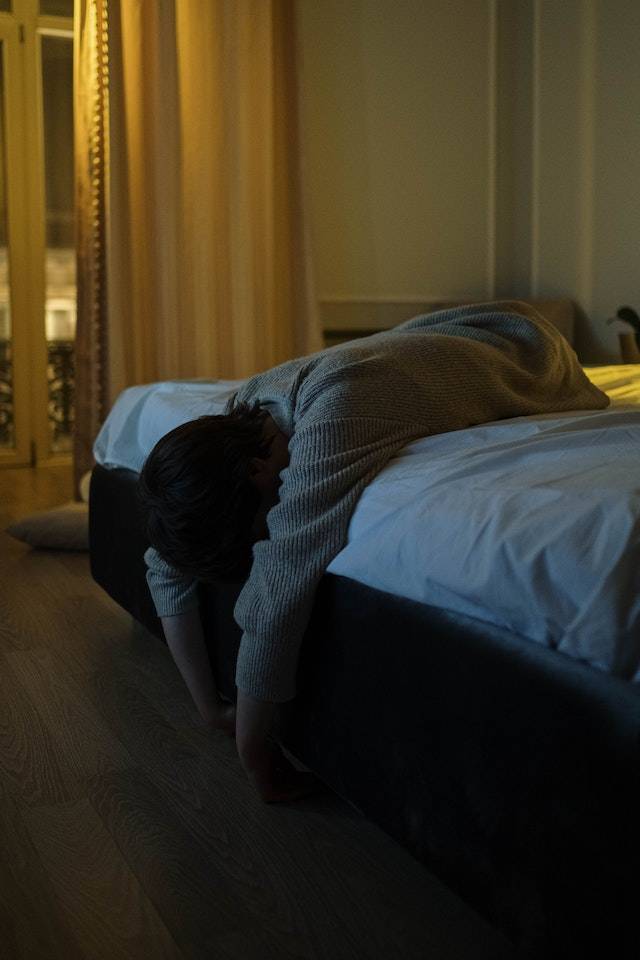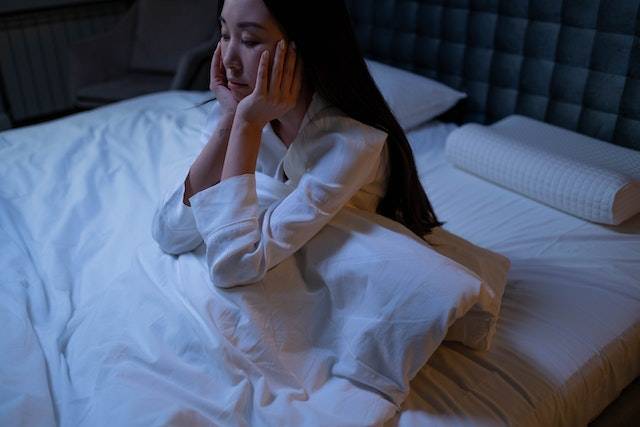Traveling or living in a new place can be an exciting, but also challenging experience. You may find yourself in situations where you cannot sleep at night and this can become troubling if it becomes chronic. In this blog post, we’ll explore some of the reasons why you might be having trouble sleeping, as well as how to fix them!
The Lifestyle Factors that Cause Insomnia in China
There are a number of lifestyle factors that can cause insomnia. The most common ones are stress, jet lag, and an irregular sleep schedule.
Stress is a major trigger for insomnia. If you’re constantly worrying about work, money, or other problems, it’s very difficult to relax and fall asleep. Jet lag can also disrupt your sleep patterns. If you’re constantly flying between time zones, your body never has a chance to adjust to a regular sleep schedule.
An irregular sleep schedule is another common cause of insomnia. If you’re not used to staying up late or waking up early, it can be very difficult to get a good night’s sleep. This is especially true in China, where many people stay up late and then wake up early to start their workday.
If you’re suffering from insomnia, there are a few things you can do to try and improve your sleep. Avoid caffeine and alcohol before bedtime, as they can make it harder to fall asleep. Exercise regularly, as this can help reduce stress levels and promote better sleep. And finally, stick to a regular sleep schedule as much as possible so that your body can get used to sleeping at the same time every night.

How to Stop Worrying and Relax
There are many things that can trigger these conditions, such as jet lag, time zone changes, unfamiliarity with your surroundings, and stress from work or culture shock.
However, there are also many things you can do to try and prevent or alleviate these symptoms. Here are a few tips on how to deal with anxiety and insomnia when living in China:
- Make sure you get enough sleep before your trip. This will help reduce the effects of jet lag and give you a better chance of sleeping well while you’re in China.
- Try to stick to a regular sleep schedule as much as possible while you’re in China. This means going to bed and waking up at similar times each day, even on weekends.
- Avoid caffeine and alcohol before bedtime. Both of these substances can make it harder to fall asleep and stay asleep throughout the night.
- Create a relaxing bedtime routine for yourself that includes winding down for at least 30 minutes before sleep. This could involve reading, taking a bath, listening to calming music, or stretching.
- Keep your bedroom dark, quiet, and cool – all of which are conducive to falling asleep more easily. Consider using an eye mask and earplugs if needed.
- If you find yourself worrying about things outside of your control (e
Relaxation Techniques
There are a number of different relaxation techniques that can be useful in managing insomnia.
One popular technique is progressive muscle relaxation, which involves tensing and relaxing each muscle group in the body systematically. This can help to promote general relaxation and ease tension headaches or muscle pain. Other relaxation techniques include deep breathing exercises, visualization, and mindfulness meditation.
If you’re struggling with insomnia, it’s important to experiment with different relaxation techniques to find what works best for you. It may take some trial and error, but once you find a few that work well for you, incorporating them into your nightly routine can make a big difference in your ability to get a good night’s sleep.
Tips for Getting a Good Night’s Sleep
There are a few things you can do to help ensure you get a good night’s sleep.
First, try to stick to a regular sleep schedule as much as possible. This means going to bed and waking up at the same time each day, even on weekends.
Second, create a relaxing bedtime routine that includes winding down for 30 minutes before you turn in for the night. This might involve reading, listening to calming music, or taking a warm bath.
Third, avoid caffeine and alcohol in the evening, as they can interfere with sleep.
Finally, make sure your sleeping environment is dark, quiet, and comfortable so you can drift off easily.




